Can Mi Security Camera Work Without Wifi ?
Yes, some security cameras can work without Wi-Fi by using other means of connectivity such as cellular networks or Ethernet cables.
1、 Wired Connection: Using Ethernet cables for direct connectivity.
Yes, security cameras can work without Wi-Fi by using a wired connection. Wired security cameras use Ethernet cables for direct connectivity to a network video recorder (NVR) or a digital video recorder (DVR). This means that the camera is physically connected to the recording device through a cable, eliminating the need for a Wi-Fi connection.
Wired security cameras offer several advantages over their wireless counterparts. Firstly, they provide a more stable and reliable connection since they are not dependent on Wi-Fi signals. This ensures that the camera will continue to function even in areas with poor or no Wi-Fi coverage. Additionally, wired cameras do not suffer from interference from other wireless devices, which can sometimes affect the performance of wireless cameras.
Furthermore, wired security cameras can transmit higher quality video footage compared to wireless cameras. Since they are directly connected to the recording device, they can transfer data at higher speeds, resulting in clearer and more detailed video recordings.
However, it is important to note that wired security cameras require professional installation due to the need for running cables. This can be a more time-consuming and costly process compared to setting up wireless cameras. Additionally, wired cameras are limited in terms of flexibility and mobility since they are fixed to a specific location.
In conclusion, while security cameras can work without Wi-Fi by using a wired connection, it is essential to consider the advantages and disadvantages of both wired and wireless options before making a decision.
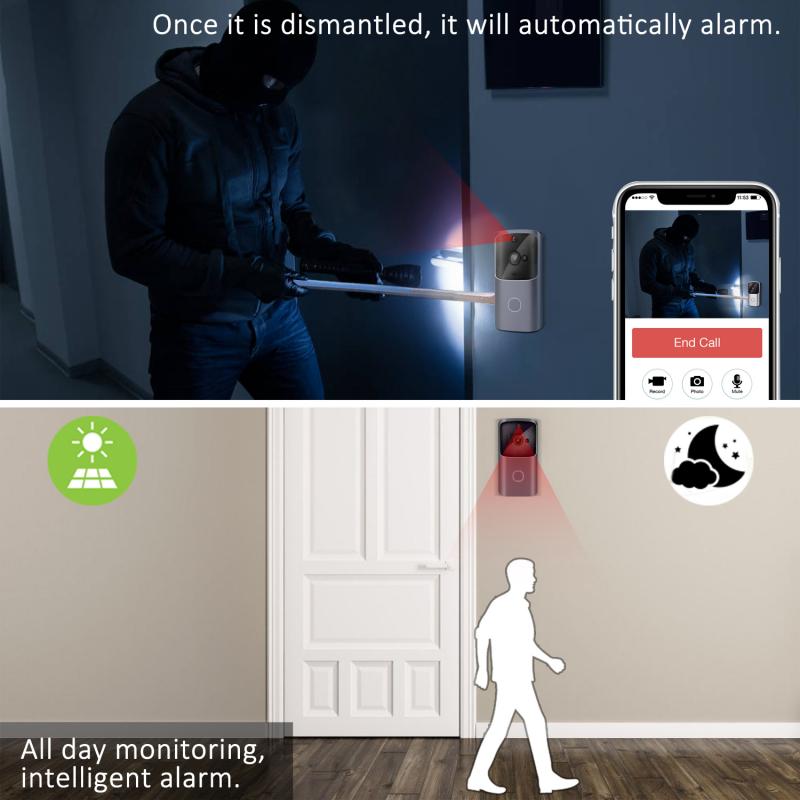
2、 Cellular Network: Utilizing cellular data for remote monitoring.
Yes, security cameras can work without Wi-Fi by utilizing a cellular network for remote monitoring. This means that instead of relying on a Wi-Fi connection, the camera can connect to the internet using cellular data.
Cellular network connectivity allows security cameras to be installed in remote locations where Wi-Fi signals may not be available or reliable. By using a SIM card and connecting to a cellular network, the camera can transmit video footage and receive commands from a remote location.
One advantage of using a cellular network is that it provides a more stable and consistent connection compared to Wi-Fi, which can be affected by signal interference or range limitations. Cellular networks, on the other hand, have wider coverage and are designed to provide reliable connectivity even in remote areas.
Another benefit of using a cellular network is that it eliminates the need for a separate internet connection or router. This can be particularly useful for outdoor surveillance or temporary installations where setting up a Wi-Fi network may not be feasible or practical.
It is important to note that while cellular network connectivity offers convenience and flexibility, it may come with additional costs. Users will need to subscribe to a cellular data plan to ensure continuous connectivity for their security cameras.
In conclusion, security cameras can indeed work without Wi-Fi by utilizing a cellular network for remote monitoring. This option provides a reliable and convenient solution for surveillance in areas where Wi-Fi signals are not available or reliable.
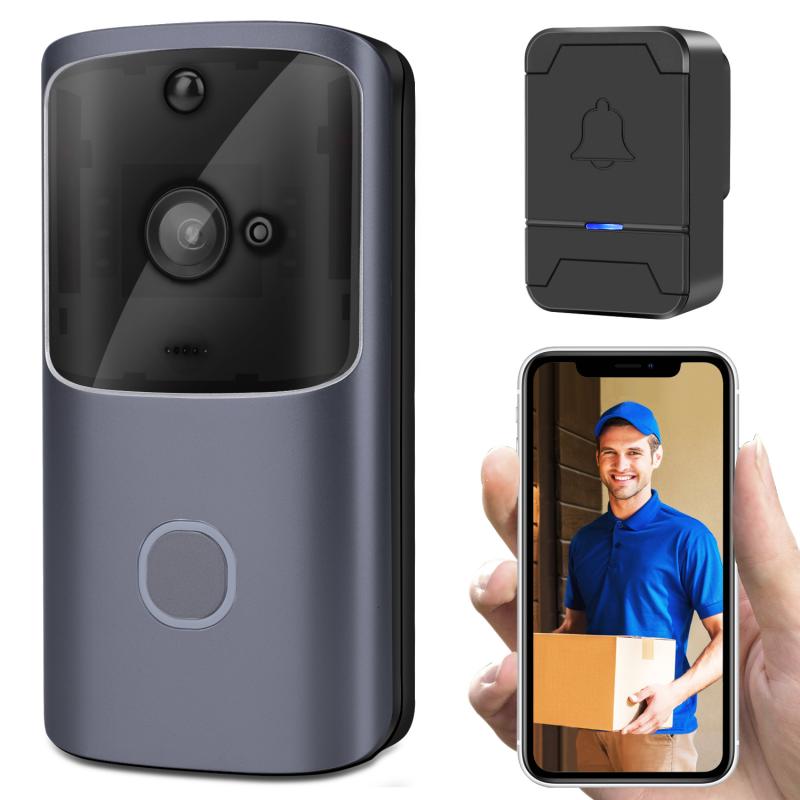
3、 Local Storage: Recording footage directly onto a memory card or hard drive.
Yes, security cameras can work without Wi-Fi by utilizing local storage options such as recording footage directly onto a memory card or hard drive. This allows the camera to function independently without the need for an internet connection.
Local storage is a convenient and reliable method for storing surveillance footage. By inserting a memory card or connecting a hard drive to the camera, it can record and store video footage directly onto the storage device. This eliminates the need for constant internet connectivity and ensures that the camera continues to capture and store footage even if the Wi-Fi network is down or unavailable.
Furthermore, local storage provides an added layer of security as the footage is stored locally and not transmitted over the internet. This reduces the risk of unauthorized access or hacking of the recorded footage.
It is important to note that while local storage allows the camera to function without Wi-Fi, it may limit certain features that rely on internet connectivity. For example, remote access to live video feeds or notifications through a mobile app may not be available without an internet connection. However, the primary function of recording and storing footage will still be operational.
In conclusion, security cameras can indeed work without Wi-Fi by utilizing local storage options. This provides a reliable and secure method for recording and storing surveillance footage, ensuring continuous monitoring even in the absence of an internet connection.
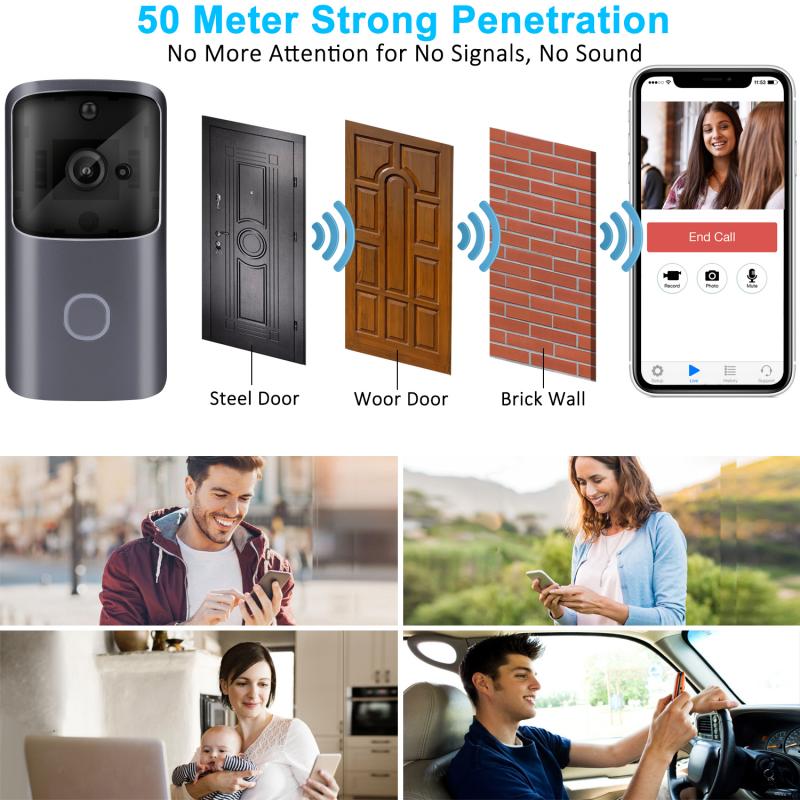
4、 Powerline Adapters: Transmitting data through electrical wiring.
Powerline Adapters: Transmitting data through electrical wiring.
Yes, security cameras can work without Wi-Fi by using Powerline Adapters. Powerline Adapters are devices that allow you to transmit data through your electrical wiring, effectively turning your electrical outlets into Ethernet ports. This technology provides a reliable and secure connection for your security cameras without the need for Wi-Fi.
Powerline Adapters work by using your existing electrical wiring to transmit data signals. You simply plug one adapter into an electrical outlet near your router and connect it to the router using an Ethernet cable. Then, you plug another adapter into an outlet near your security camera and connect it to the camera using another Ethernet cable. The adapters communicate with each other through the electrical wiring, allowing data to be transmitted between the router and the camera.
One of the advantages of using Powerline Adapters is that they provide a more stable and consistent connection compared to Wi-Fi. Wi-Fi signals can be affected by interference from other devices, walls, and distance, leading to potential signal drops or reduced video quality. Powerline Adapters, on the other hand, use the existing electrical wiring in your home, which is typically more reliable and less prone to interference.
It is important to note that while Powerline Adapters can provide a reliable connection for your security cameras, they do have limitations. The speed and performance of the connection may vary depending on the quality of your electrical wiring and the distance between the adapters. Additionally, Powerline Adapters may not be compatible with all electrical systems, so it is recommended to check the compatibility before purchasing.
In conclusion, if you are looking for a reliable alternative to Wi-Fi for your security cameras, Powerline Adapters can be a suitable option. They allow you to transmit data through your electrical wiring, providing a stable and secure connection for your cameras. However, it is essential to consider the limitations and compatibility factors before implementing this solution.
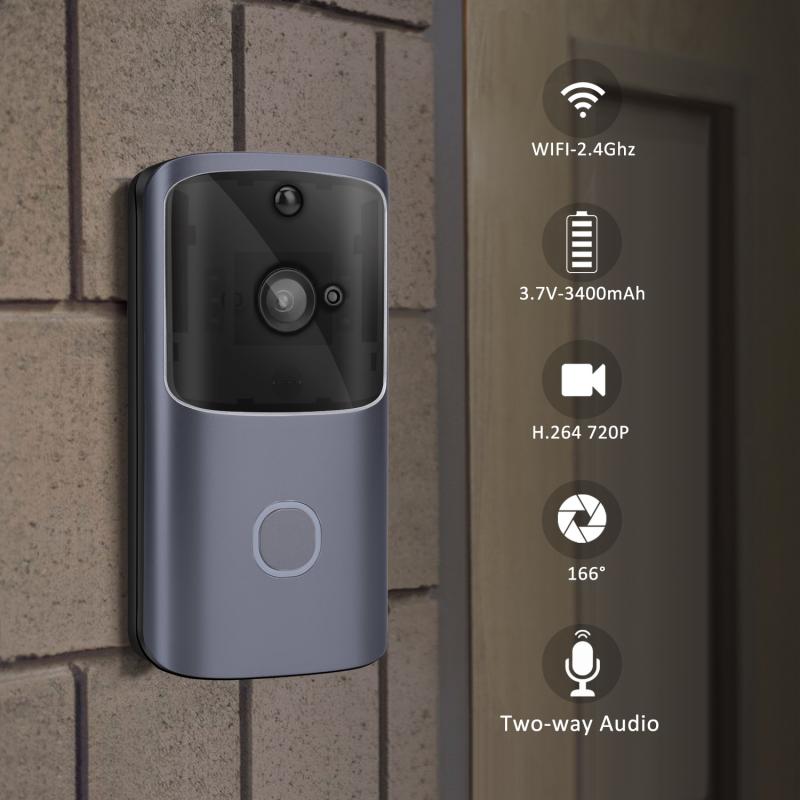





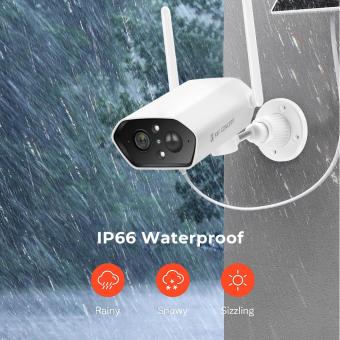




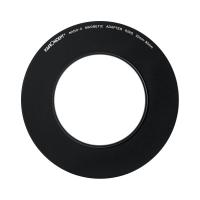
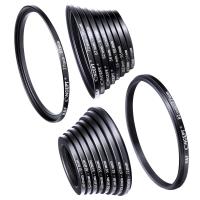
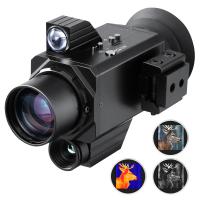


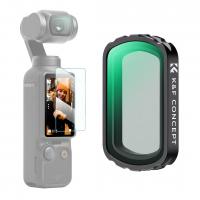



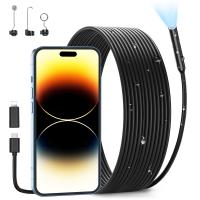
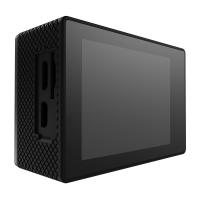

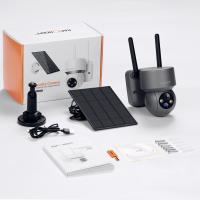




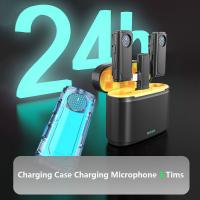
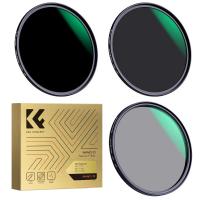
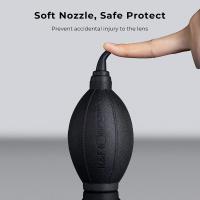
There are no comments for this blog.